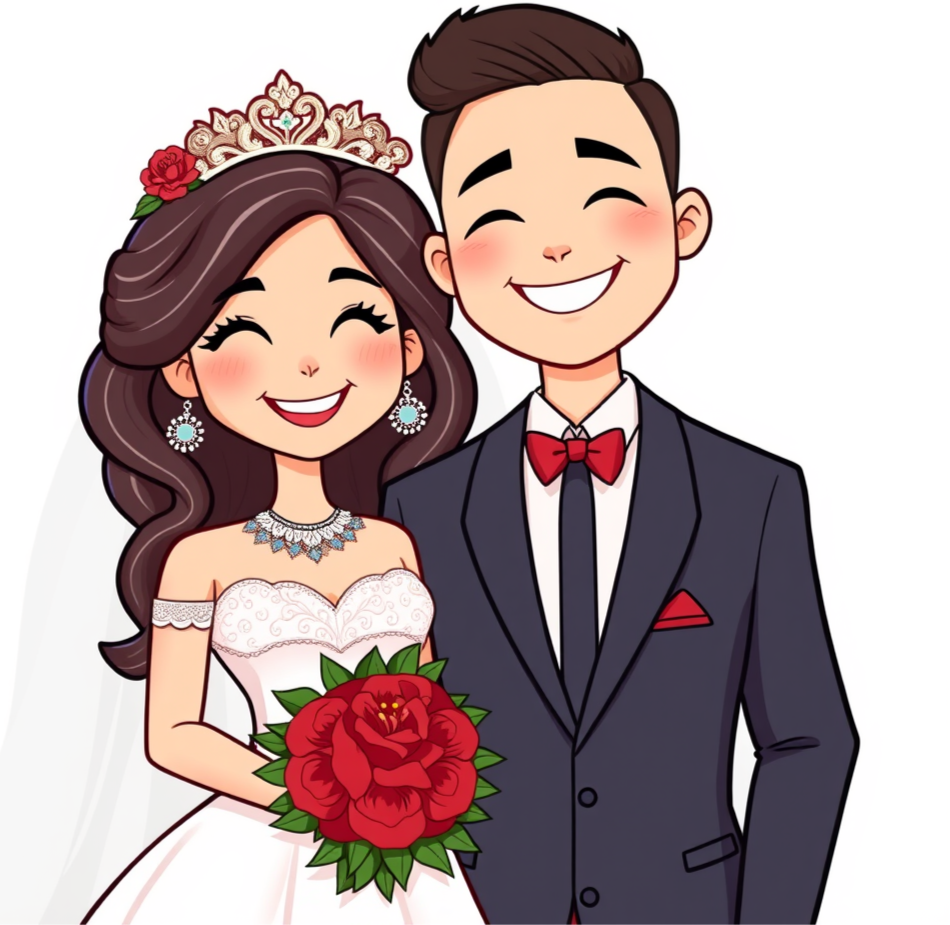When the Big One Hit
- tdillon81
- Mar 10
- 4 min read
Updated: May 18
Today – March 11, 2025 – is the fourteenth anniversary of the devastating Great East Japan Earthquake and Tsunami that struck the coast of Japan’s Tohoku region.
The earthquake was the fourth largest in recorded history. Over 20,000 people died.
The overall triple disaster -- quake, tsunami and the nuclear meltdown that followed – unfolded in real time on every channel on every TV in the land. Searing the memory into the entire Japanese population.
Here is the column I wrote soon after, outlining that day, as I experienced it.
When the Big One Hit
Mar 19, 2011

When the big one hit — at 2:46 p.m. on March 11 — I was trying to be funny.
I was sitting in my office on the second floor of my home in Saitama, tapping away at the end of a draft for a future edition of this column. My topic was the Japanese adoration of hometowns.
I was attempting to wrap up that draft with a witticism. Never guessing that Japanese hometowns would soon be front-page news everywhere. And it wouldn't be funny at all.
When the big one hit, it started slow. I felt a jiggle in my chair and sensed a slight sway in my computer monitor.
I have been through a hundred quakes in my life, most of them coy and harmless. Just like that jiggle, just like that sway.
But this time I knew it wasn't coy; I knew it wasn't harmless. Don't ask me how.
I stood and moved to the protection of my doorway. It took a moment further for the quake to reveal its personality. The house began to jump.
When the big one hit, I heard my wife call my name. Despite the shaking, I scooted down the stairs.
She smiled at me from our living room. The way people smile when they're scared. She says I was smiling too.
When the big one hit, we had time to crouch in the doorway of our kitchen. The house staggered back and forth, as if being pummeled by a boxer. We watched our light fixtures dance on the ceiling. I kept one hand on our kitchen cabinet. As if that might stop it from bouncing. From upstairs, we heard the crash of heavy objects.
"It's so long!" my wife yelled, her voice rising above the rattle of plates and cups. But it got longer.
When the big one hit, I finally screamed, "Please stop!"
And — magically, just like that — it did.
When the big one hit, I dashed back upstairs to see what had toppled. Books lay everywhere, most from a central shelf.
Yet from the bookcase on the right wall, only one book had fallen — the Holy Bible. Meanwhile, from the bookcase on the left, the sole book that fell was this: "Wicked" by Gregory Maguire.
When the big one hit, I typed a quick e-mail to my son in the States:
"Huge quake. Just hit. We are OK. Wow."
A humble "wow," without an exclamation point. The time was 2:51 p.m.
When the big one hit, my other son was in the bowels of JR Shinjuku Station. Like everyone, he tried to scramble to the surface. Like everyone, he ended up stooped on the floor and holding on.
When the big one hit, the first two aftershocks sent us scuttling back to the kitchen doorway. The dozens of smaller tremors that followed left me dizzy. I couldn't tell if it was me wobbling or the house.
When the big one hit, I was suddenly famished. I slapped together a ham and cheese sandwich and gobbled it in large bites. I sloshed down iced tea as if I'd just finished a race.
When the big one hit, my Shinjuku son made it outside and leapt in line at a public phone. Within 30 minutes we knew he was safe.
When the big one hit, I thought, "That was it. That was the super-quake we've always dreaded."
And I knew — as white-knuckled as it had been for us — it had to be far more terrifying elsewhere.
We snapped on the TV. To watch the tragedy take place as it happened. The most gut-wrenching scene of all? Including the nail-biting week of nuclear anxieties? In retrospect ...
The first minutes before the initial tsunami. Knowing now what we did not know then.
That the worst was yet to come. That there were thousands of people alive and well at that moment… who are not alive now.
When the big one hit, I kept thinking of a quake-phobic student I taught years ago. He carried a hardhat in his backpack. People teased him, but he always responded with… "One day you won't be laughing."
He was right.
When the big one hit, I stood in awe of the merciless power of nature. All the grand triumphs of human engineering — buildings, roads, ships, cars — rank as puny and weak in comparison.
When the big one hit, I could only bow my head at the steadfast efforts of the rescue workers and the endurance of the survivors.
Merciless nature? Meet unbeatable spirit.
For in times of trouble, our most excellent resource remains each other. Buildings and bodies break. But the human heart is made of much stronger stuff.
And even the grimmest tide will turn.
When the big one hit, I felt at once that we would do what people always do. We would rise up with courage and grace.
And in the challenging wake of that dark and deadly day would certainly come our finest hour.
© Thomas Noah Wood
(New here? Click on "Blog" on the menu bar to read previous posts. If you wish email notification of new posts, please subscribe. It's free -- of course!)




Comments